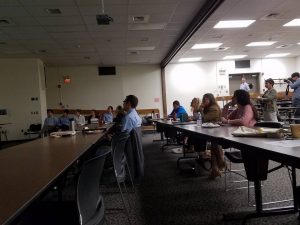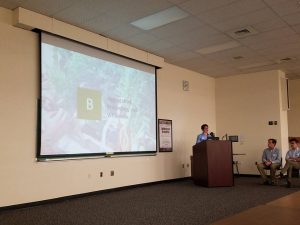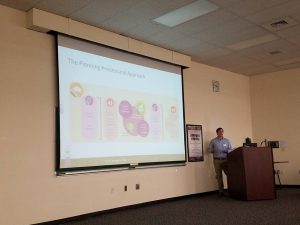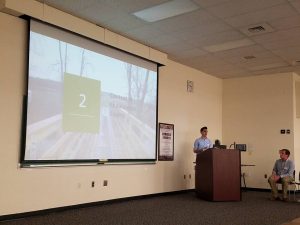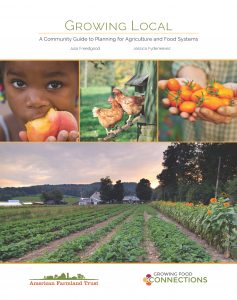Regional Approaches to Climate Change or REACCH is sharing 13 case studies of innovative ways farmers in the Northwest manage climate-change risk. The hope is to inspire other farmers to improve the resiliency and sustainability of their farms. The case study series features dryland, irrigated, rangeland and dairy farmers, and the documents have been compiled and are featured online in text, PDF, and video. Farming practices such as tillage, residue management, crop rotations, soil organic amendments and resource-use efficiency, enables farmers to overcome barriers.
Read about the project more here.
“Farmers adapt to challenges in unique ways. Some of these strategies are unique to a specific location, while others are universal to agriculture. By adopting farming practices such as tillage, residue management, crop rotations, soil organic amendments and resource-use efficiency farmers have been able to overcome barriers, often in unexpected ways. Innovative approaches used by Pacific Northwest farmers to improve on-farm sustainability and longevity are being featured in a series of case studies.
The REACCH Producer Survey showed that other farmers are the most trusted source of information for producers. The goal of these case studies is to inspire others to take management risks on their farms that can improve their overall sustainability and resiliency into the future, by showcasing producers who have done so successfully. Case studies are in progress and will be added to this page as they are completed.”

